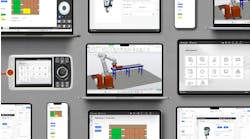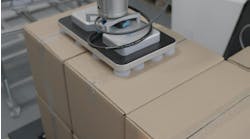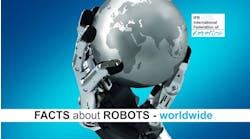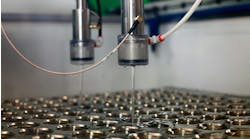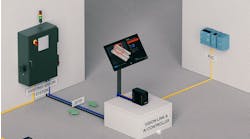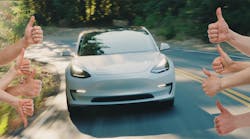One thing hasn’t changed as Tesla Inc. has crept from high-priced luxury-car maker toward mass-market manufacturer: Elon Musk’s heavy reliance on media buzz to bring attention to his electric cars.
Nearly eight months have passed since Musk handed over the first sets of keys to Tesla’s mission-critical Model 3 sedans, and the first reviews are just coming in. That’s because the cars have been trickling off the assembly line at a much slower pace than planned, and for months the only ones able to land one in their driveway were Tesla employees, investors and close friends of the company.
Now that the Model 3 is getting into the hands of the general public, outlets including Consumer Reports, Edmunds and Strategy Analytics have taken delivery and published their impressions. Reviews among this group have generally been mixed. Driving dynamics and handling were among their consistent pros, while some of the commonly cited cons have had to do with poor build quality and problems with so many of the car’s controls being tied to its touch screen.
Several analysts have cited Model 3 reviews as a significant factor in determining where Tesla shares are headed. The investment thesis around the company hinges on its ability to boost production of the car, manufacturing it profitably and with good build quality, according to Toni Sacconaghi, an analyst at Sanford C. Bernstein & Co.
The company is “well behind target” with regards to how many of the sedans it’s been making, Sacconaghi wrote in a recent report to clients. He called profitability and build quality “important wildcards” and said that failure on those two fronts “could be meaningfully detrimental to the company’s fortunes.”
Here’s a roundup of some of the first Model 3 reviewers’ impressions:
Consumer Reports: A Boxster-like ride, but back seat’s too low
Consumer Reports gave the Model 3 a fairly positive first-drive review. While the publication’s last Model S had some issues with the fit of trim pieces, the magazine said that the Model 3’s interior felt solid and that it hadn’t yet noticed any squeaks, rattles or misalignments.
“It’s honestly more like driving a Porsche Boxster than a typical luxury sedan,” Jake Fisher, director of auto testing at Consumer Reports, said in a phone interview. “It’s really fun and engaging to drive.”
The experience for rear passengers isn’t as great. Fisher said that the Model 3’s back seats sink close to the ground and are uncomfortable.
“You are sitting so low that your knees are high up in the air and you don’t have any thigh support,” he said.
The Model 3’s 15-inch center screen is has an impressive level of capability and functionality, the magazine said, but it’s packed with menus and drivers are forced to use it “in ways that don’t always make sense,” such as to adjust the car’s adaptive cruise control speed.
Edmunds: Body issues, blemishes and slow service
Edmunds had a similar take on the touch screen, praising its “clean and futuristic” looks, while lamenting that its “ease of use isn’t as stellar.” The car-shopping researcher said the Model 3 was “dramatically quicker and more engaging to drive than other popular EVs, such as the BMW i3 and the Chevrolet Bolt.”
It was harsher on how well the sedan was built, calling its body panel gaps inconsistent and criticizing the cracked vanity mirror and broken driver’s seat shell in the car it took home. More worrisome: Edmunds has alerted Tesla’s service center about problems it’s had getting an appointment, and said new parts have been slow to come in.
“The fact that Tesla would ship a car that doesn’t have everything all worked out is a bit off-putting to me,” Dan Edmunds, director of vehicle testing, said in a phone interview. “It feels like the service centers are still staffing up to meet demand, and the service system isn’t totally synchronized.”
Strategy Analytics: A screen that’s ahead of its time
Market researcher Strategy Analytics published a review focused on user experience and found that the Model 3’s touch screen is “exceptionally difficult to use while driving” and posited that it may have been “designed for a self-driving future which has yet to arrive.”
“The Model 3 drove pretty well. It handled very well. Autopilot worked well on it. I didn’t really have any issues with performance,” Chris Schreiner, director of the user experience practice, said in an interview. “But the positioning of the screen is a suboptimal experience for the driver. It’s an uncomfortable reach to use, and all of this information like the speedometer and the controls for the windshield wiper are on the screen, which takes some getting used to.”
Schreiner also said that Tesla’s speech-recognition system in the Model 3 isn’t ready.
“You can say ‘Send a text message saying I’m going to be late,’ and you will see that appear on screen accurately. But then it says ‘Try again.’ It can’t actually send the text message.”
